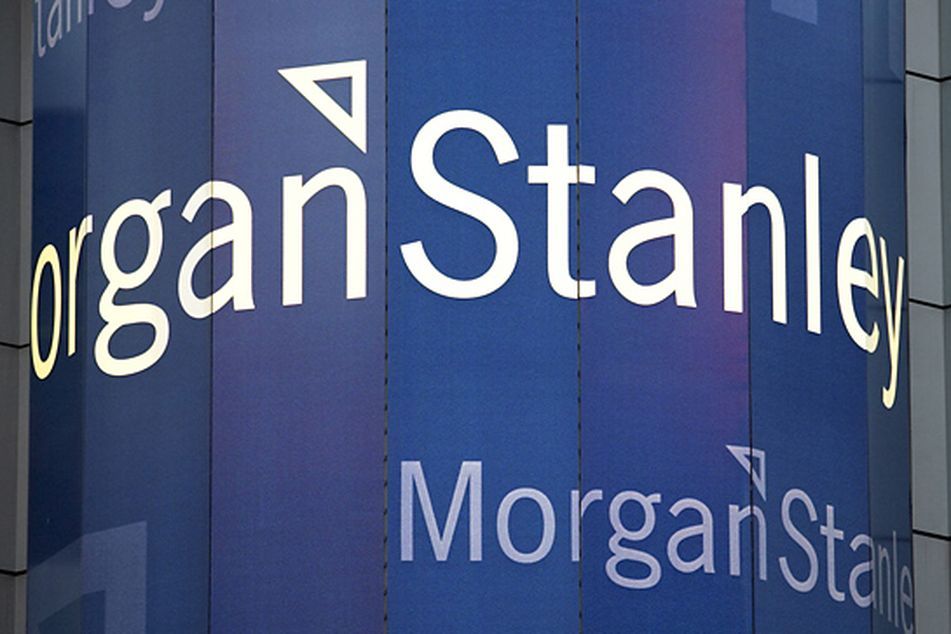Banks duel over value of MSSB

Citi says MSSB is worth $22B. Morgan Stanley says it's more like $9B. So who's right?
Who’s right — James Gorman or Vikram Pandit?
It’s not surprising that the chief executives of Morgan Stanley and Citigroup Inc. must take another week to attempt to settle on a value for their Morgan Stanley Smith Barney LLC joint venture, given how far apart they are on the numbers.
Morgan Stanley, which owns a 51% stake in MSSB, is exercising its option to purchase another 14%, but the price has not been agreed on.
In a regulatory filing July 19, Citi disclosed an estimate of “approximately” $11 billion on its 49% stake in MSSB, saying it viewed that figure as “reasonable and supportable.” The filing was prompted by Morgan Stanley’s estimate that was “approximately 40%” of Citi’s figure, or about $4.4 billion. That puts Citi’s valuation of the 17,000-adviser strong brokerage at more than $22 billion, while Morgan’s is just less than $9 billion.
The yawning gap could force Citigroup to take a large write-down in the third quarter.
Because the two firms’ figures differ by more than 10%, a third-party appraiser — investment bank Perella Weinberg Partners LP — will settle the matter.
“Perella will look at the potential of the integrated operation, but they’ll also take into account current market conditions,” said Brad Hintz, an analyst with Sanford C. Bernstein & Co. “I’m guessing Pandit’s number is more right than Gorman’s.”
When the venture was created in 2009, Mr. Gorman targeted a 20% pretax profit margin for the combined operation. Two major factors have caused it to fall substantially short of that goal.
First, the integration has not gone smoothly, partly because of the migration to a new technology platform for financial advisers. Neither Morgan Stanley’s old mainframe system nor the server-based systems that Smith Barney and Dean Witter brokers used were scalable for the merged adviser force, so the company decided to build a new system. It’s been costly, time-consuming and a major source of headaches for advisers.
“Building a new system was tantamount to telling advisers to go look for bids in the market,” Mr. Hintz said.
The second factor is retail investors’ continuing aversion to risk in the wake of the financial crisis.
“The average investor still sees black swans under their beds and in their closets,” Mr. Hintz said. “This is an echo from the financial crisis; it’s still much louder than many people expected.”
Mr. Hintz said that since the merger, pro-forma revenues of the combined operations have fallen to $13.5 billion from $14.9 billion on an annualized basis and that pretax profits have dropped to $1.6 billion from $2.8 billion.
Mr. Gorman has dropped his pretax profit margin target down to 15%. But MSSB has not disclosed its valuation of the joint venture. Spokesman James Wiggins said “all parties agreed to extend the valuation deadline to Sept. 10.”
Kara Findlay, a spokeswoman for Perella Weinberg, had no comment.
The question that Perella Weinberg must settle is whether the potential of a fully integrated MSSB is closer to the value of the deal when it was signed or whether market conditions and the messy merger have permanently impaired the operation.
“Mr. Pandit is saying that Morgan Stanley should pay the discounted value of the fully integrated operation,” said Mr. Hintz. “I think he has the better numbers.”
Learn more about reprints and licensing for this article.



